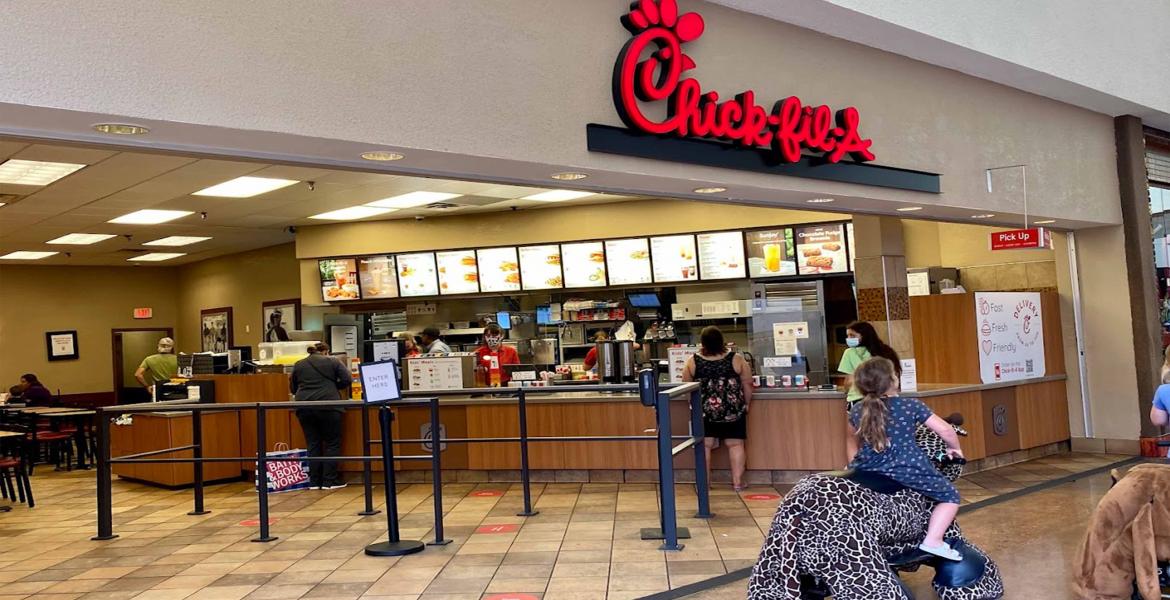AUSTIN, Texas — The NFIB Small Business Optimism Index showed a 1.3-point rise in December to reach 91.9, marking the 24th consecutive month below the 50-year average of 98. According to the survey, 23% of small business owners cited inflation as their primary concern in running their businesses, a one-point increase from the previous month, taking over labor quality as the top worry.
NFIB Chief Economist Bill Dunkelberg expressed concerns about small business owners' persistent pessimism regarding economic prospects for the year. "Inflation and labor quality have consistently complicated matters for small business owners, and there's a lack of confidence in improvement for 2024," Dunkelberg stated.
While specific state data was unavailable, NFIB State Director Jeff Burdett highlighted how inflation continues to compound challenges for small business operations. Burdett emphasized the significance of reforms enacted in the state legislature last year—the Regulatory Consistency Act and the $18 billion property tax cuts—to fortify the local economy. These laws, according to Burdett, support small business owners in their efforts to generate employment and meet consumer demands.
Key findings from the survey included:
- Small business owners anticipating improved business conditions over the next six months increased by six points from November to a net negative 36% (seasonally adjusted), significantly better than the net negative 61% recorded last June.
- A net 29% of owners plan to raise compensation in the next three months, down one point from November (seasonally adjusted).
- The net percent of owners expecting real sales to rise increased by four points from November to a net negative 4% (seasonally adjusted), the highest level since January 2022.
- NFIB’s monthly jobs report indicated that 40% (seasonally adjusted) of all owners reported unfilled job openings. A seasonally adjusted net 16% planned to create new jobs in the next three months.
Regarding capital outlays, 58% of owners reported such expenditures in the next six months, slightly down by three points from November. Of those making expenditures, 40% spent on new equipment, 22% on vehicles, and 19% on facility improvements or expansions.
In the realm of sales, a net negative 11% of all owners (seasonally adjusted) reported higher nominal sales in the past three months, a six-point improvement from November. The net percent of owners expecting higher real sales volumes improved four points to a net negative 4%.
The report also highlighted concerns about inventory, with a net negative 2% of owners reporting inventory gains. Not seasonally adjusted, 12% reported increases, and 15% reported reductions in stocks. Additionally, a net negative 5% of owners viewed current inventory stocks as "too low" in December, down five points from November. Industries experiencing the most frequent shortages were finance (16%), retail (12%), and manufacturing (11%).
The NFIB Research Center conducts these surveys monthly since 1986, drawing respondents randomly from NFIB’s membership, supplemented by quarterly surveys since 1973. The report is typically released on the second Tuesday of each month. The survey for these findings was conducted in December 2023.
Subscribe to the LIVE! Daily
Required






Post a comment to this article here: